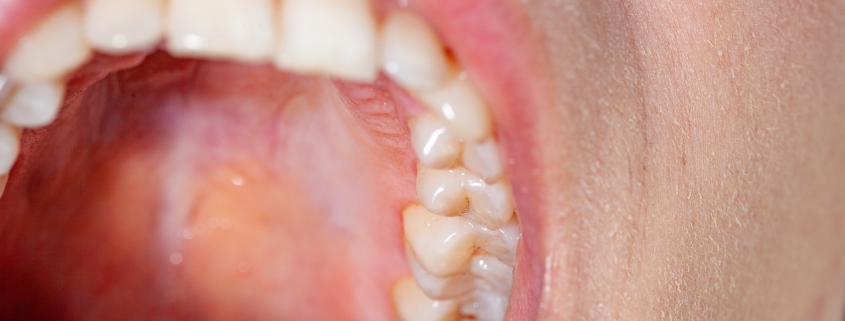Why Upper Gums Throb
Experiencing a throbbing sensation in your upper gums can be uncomfortable and concerning. Throbbing gums are a common oral health issue that can be caused by various factors. In this article, we will explore the potential reasons behind upper gum throbbing and provide insights into how to address this discomfort effectively.
Common Causes of Upper Gum Throbbing
Gum Inflammation (Gingivitis):
Gingivitis is the earliest stage of gum disease and is often caused by the accumulation of plaque, a sticky film of bacteria, on the teeth and gums. It can lead to red, swollen, and tender gums, which may throb or ache.
Periodontitis:
If gingivitis is left untreated, it can progress to a more severe form of gum disease known as periodontitis. This condition can cause deep pockets to form between the teeth and gums, leading to gum recession and intense throbbing pain.
Dental Infections:
Dental infections, such as abscesses or gum infections, can result in localized pain and throbbing in the affected area. These infections are typically accompanied by swelling and tenderness.
Tooth Infections:
An infected tooth, especially an upper tooth, can radiate pain and throbbing sensations into the adjacent gums. The infection can affect the pulp or nerve inside the tooth.
Sinus Issues:
Sinusitis, an inflammation of the sinuses, can cause pressure and referred pain in the upper gums and teeth. The throbbing sensation may be more noticeable when you have a sinus infection.
Tooth Sensitivity:
Tooth sensitivity, which can occur due to exposed tooth roots, enamel erosion, or gum recession, can lead to throbbing pain when hot or cold stimuli come into contact with the affected teeth or gums.
Bruxism (Teeth Grinding):
Grinding or clenching your teeth can exert pressure on the gums, leading to gum irritation and throbbing discomfort.
Canker Sores:
Canker sores, small and painful ulcers that can develop on the gums or other soft tissues inside the mouth, may cause throbbing pain.
Solutions for Upper Gum Throbbing
Maintain Proper Oral Hygiene:
Practicing good oral hygiene is essential for preventing and managing gum-related issues. Brush your teeth gently with a soft-bristle toothbrush, floss daily, and use an antimicrobial mouthwash to reduce plaque buildup.
Visit Your Dentist:
If you are experiencing persistent upper gum throbbing, it is vital to schedule an appointment with your dentist. They can diagnose the underlying issue and recommend appropriate treatment, which may include cleanings, fillings, or more extensive dental procedures.
Manage Gum Inflammation:
For gum inflammation, your dentist may recommend scaling and root planing to remove plaque and tartar from the teeth and roots. Proper oral care at home can help prevent gingivitis from recurring.
Treat Infections:
Dental or gum infections require prompt attention and may involve antibiotics, drainage of abscesses, or dental procedures like root canals or extractions.
Manage Sinus Issues:
If sinusitis is contributing to your upper gum throbbing, treating the sinus infection with decongestants, antibiotics, or other medications can alleviate the pressure and associated discomfort.
Address Tooth Sensitivity:
Special toothpaste formulated for sensitive teeth can help reduce throbbing pain caused by sensitivity. Avoid extreme temperatures in your food and drinks.
Bruxism Management:
If teeth grinding is the cause of gum discomfort, your dentist may recommend a nightguard to protect your teeth and gums during sleep. Stress management techniques can also help reduce grinding.
Oral Rinses and Pain Relief:
Your dentist may suggest antimicrobial rinses or gels to soothe gum inflammation and reduce pain. Over-the-counter pain relievers, such as ibuprofen or acetaminophen, can provide temporary relief; follow the recommended dosage.
Throbbing gums in the upper jaw can be indicative of various underlying oral health issues, from gum disease and infections to tooth sensitivity and sinus problems. Ignoring the discomfort can lead to more severe complications, so it is crucial to seek professional dental care to diagnose and address the root cause. By maintaining proper oral hygiene and promptly addressing any dental concerns, you can alleviate the throbbing sensation and ensure the health of your gums and teeth.

